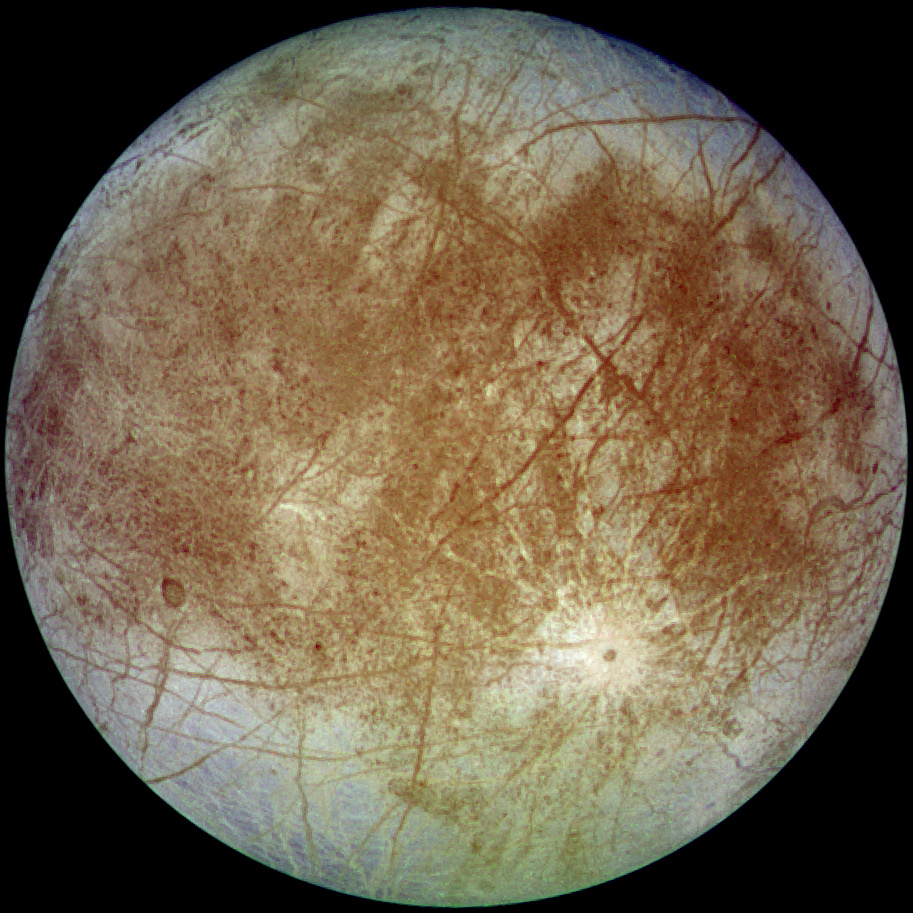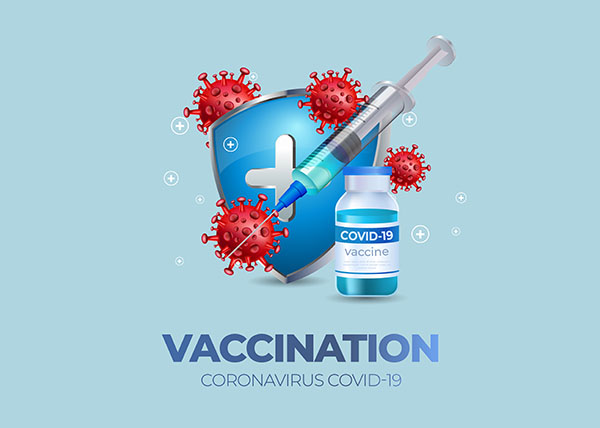Cell phone radiation found to damage and kills cheek cells, study shows
08/13/2024 / By Olivia Cook

A recent peer-reviewed study has revealed that exposure to 3G cell phone radiation can cause damage and death to cells in the cheek tissue (buccal cells), potentially leading to cancer.
The study published in Environmental Research is the first controlled human intervention trial to investigate the harmful effects of mobile phone radiation on human cells. Researchers discovered strong evidence of acute toxicity, which can result in cell damage or death through processes, like apoptosis (programmed cell death) or necrosis (cell injury leading to death). They also observed disturbances in the cell cycle.
However, the study did not find any signs of chromosomal damage, such as micronucleus (MN) formation, in the cheek cells exposed to the radiofrequency (RF) radiation used by 3G phones. (Related: Harmful EMF radiation could be found right in your own neighborhood.)
Diagnostic radiologist Dr. Rob Brown emphasized the significance of cell damage observed in the study. He pointed out that previous research on the biological effects of electromagnetic fields (EMFs) and RF radiation has been conducted on animals, cell cultures and plants, making it easier for the industry and policymakers to dismiss the findings.
Epidemiologist and electromagnetic radiation expert Dr. Devra Davis added that this study builds on previous research showing the dangers of radiofrequency radiation and provides further reasons why people should avoid using phones close to their bodies or heads. (Related: 5G Danger: Hundreds of respected scientists sound the alarm about health effects as 5G networks go up nationwide.)
Study summary
Researchers from the Medical University of Vienna recruited 42 participants through public ads, with 41 completing the study. The group, which has an average age of 29 years, included 21 men and 20 women, mostly right-handed and with various educational backgrounds. All participants were healthy and maintained a mixed diet with minimal alcohol consumption.
Participants were exposed to low and high doses of a UMTS (Universal Mobile Telecommunications Service) signal through a headset on one side of their head for two hours daily for over five days. Buccal cells (cheek tissue) were collected from both cheeks before exposure and three weeks afterward to assess for cellular damage, including chromosomal anomalies and signs of cell death.
The study found that exposure to higher doses increased the number of damaged cells, specifically showing a rise in binucleated cells (indicating disrupted cell division) and karyolytic cells (signaling cell death). No evidence of chromosomal damage, like micronuclei formation was observed. However, the results indicated that mobile phone radiation can disrupt the cell cycle and lead to cytotoxic effects, which may contribute to long-term health issues.
A limitation of the study was the two-hour daily exposure period, which reflects average mobile phone use in Europe but is shorter than the usage in some other regions. Davis highlighted that Gen Z users report using smartphones for six or more hours daily, suggesting that real-world exposure could be much higher.
Tips to reduce mobile phone radiation exposure
Research has linked cell phone radiofrequency radiation to various health issues, including brain cancer, DNA damage, hyperactivity, immune dysfunction, memory loss, oxidative stress and sleep disturbances. Here are some simple steps to minimize your exposure.
- Don’t keep your phone on your body. Carrying a powered-on mobile phone close to your body means more than half of its radiation is absorbed by your brain and body. To reduce exposure, turn off your phone before carrying it in your brassiere or pocket. (Related: Radiofrequency radiation linked to brain damage and Alzheimer’s, experts warn.)
- Maintain distance. Keep your mobile phone away from your head and body whenever possible. Use a speakerphone mode, a hands-free set, or an air-tube-wired headset to create distance.
- Protect your reproductive health. Radiation from mobile phones can harm ovaries and sperm. Avoid placing your laptop computer or phone on your lap as these increase radiation exposure to your reproductive organs. (Related: Cellphone radiation hurts men’s ability to conceive, study confirms.)
- Avoid using your phone with a weak signal. When your mobile phone struggles to connect (with two signal bars or less), it increases its radiation output significantly. Consider texting instead of calling but never text while driving.
- Keep calls short. Limit talk time and choose texting over calls to reduce both exposure duration and proximity to your body.
- Limit use in metal enclosures. Avoid using your mobile phone in buses, cars, elevators, planes or trains, as the metal surroundings can amplify radiation. Your mobile phone’s radiation can also affect others nearby.
- Don’t sleep with your mobile phone on. Cell phone radiation can disrupt your sleep. Turn your phone off or switch it to airplane mode before bed.
- Use airplane mode. When not using your wireless features, switch your cell phone to airplane mode and turn off Bluetooth and hotspot functions to reduce radiation.
- Manage App radiation. Apps on your smartphone continuously update in the background, emitting radiation. Delete unused Apps and turn off auto-sync for those you need–syncing manually when your phone is at a distance or connected via Ethernet.
- Hardwire your connection. Connect to the internet using an Ethernet cord with the right adapter–eliminating the need for WiFi. Learn how to hardwire a cell phone to Ethernet step-by-step.
- Choose low-radiation phones. Opt for a mobile phone with a low Specific Absorption Rate (SAR), which measures the amount of radiofrequency radiation absorbed by your body.
- Use a corded landline. Cordless phones emit microwave radiation similar to cell phones. Use a corded landline at home or in the office to avoid unnecessary exposure.
- Limit children’s phone use. Children’s thinner skulls and developing brains are more susceptible to radiation. Restrict their cell phone use to emergencies only.
- Beware of protective “shields.” Devices claiming to reduce radiofrequency radiation exposure often do the opposite–causing mobile phones to boost radiation output to maintain signal strength.
Visit Radiation.news for more stories like this.
Watch the following video about “Major concerns raised over cellphone radiation studies.”
This video is from the Daily Videos channel on Brighteon.com.
More related stories:
Government halts further research on cellphone radiation’s health impact despite previous findings.
5G rollout must be stopped to avoid widespread exposure to EMF and RF radiation.
FCC refuses to budge on calls to update its radio frequency radiation and health impact guidelines.
Sources include:
Submit a correction >>
Tagged Under:
5g, cancer criminals, cell damage, cell phone, dangerous, discoveries, DNA damage, EMF, future tech, gadgets, Glitch, health science, inventions, radiation, radiation science, real investigations, research, smart meters
This article may contain statements that reflect the opinion of the author
RECENT NEWS & ARTICLES
COPYRIGHT © 2017 RESEARCH NEWS




















